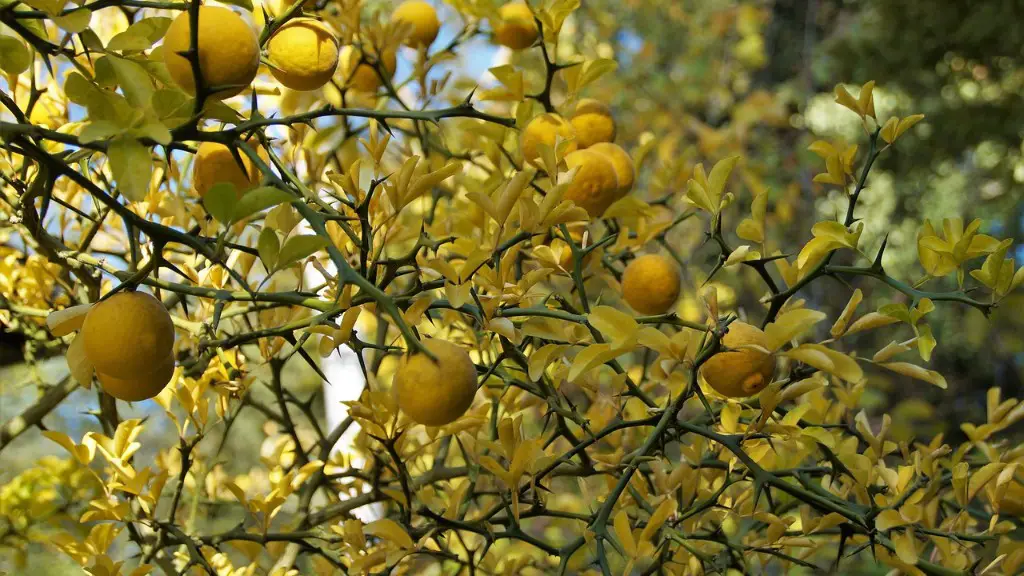Contrary to what some may think, it is important to fertilize your lemon tree during the winter season. While investment in fertilizers is debatable, the benefits will outweigh the costs in the long run. In order to keep your lemon tree healthy, it is important to supplement the soil in the root zone with important nutrients. This requires regular fertilization throughout the growing season- including the wintertime.
Fertilizing Tips
The type and amount of fertilizer used to feed your lemon tree depends on the size and stage of development. While most fertilizers will provide the necessary building blocks, it is important to use fertilizer specific to citrus. These fertilizer products will provide the correct proportions of nitrogen, phosphorus, and potassium that citrus trees need. Depending on the age of the tree, the fertilizer packages will advise how much fertilizer to use, how often to use it, and the best application methods.
What To Avoid
In addition to understanding the correct fertilizer to use, it is important to avoid over-fertilizing. Too much fertilizer might lead to excessive leaf growth and a decrease in fruit production. Also, avoid any fertilizers that contain weed killers. Weed killers can be more harmful to your lemon tree than the weeds that they are trying to control.
Winter Fertilizing Tips
Fertilizing during the winter season is important to keep your lemon tree healthy and encourage good fruit production in the spring. Before the first frost, it is important to apply a citrus fertilizer in the root zone. For best results, mix the fertilizer into the soil or irrigate it. Always use caution and follow the directions on the fertilizer packaging.
Winter Maintenance
Regular winter maintenance such as pruning and pest control are also essential for a healthy lemon tree. Pruning should be done in order to remove dead, damaged, and diseased growth. Pest control should be done regularly to get rid of aphids, mites, scale, and other insects. A soap or horticultural oil can be used to get rid of these pests.
Soil Improvement
Lemon trees that are planted in sandy soil or infertile soil can benefit from amending with mulch, peat moss, or compost. Mulch is a great way to suppress weeds and conserve soil moisture. Peat moss and compost provide nutrients that the soil might be lacking. Incorporating organic materials into the soil will also help improve the texture and porosity of the soil.
Soil pH Level
The soil pH should also be tested to ensure that the soil is not overly acidic or alkaline. Citrus trees prefer a slightly acidic soil with a pH of 6.0 to 6.5. For best results, use a soil meter that can measure pH, nitrogen, phosphorus, and potassium levels. If the pH levels are off, then soil amendments can be used to help bring the pH levels back into balance.
Watering Schedule
Finally, one of the most important things to do while fertilizing your lemon tree in the winter is to be sure to follow a proper watering schedule. Watering should be done deeply and evenly throughout the year. During the winter, water the soil only when it is dry. When in doubt, wait before watering your tree again.
